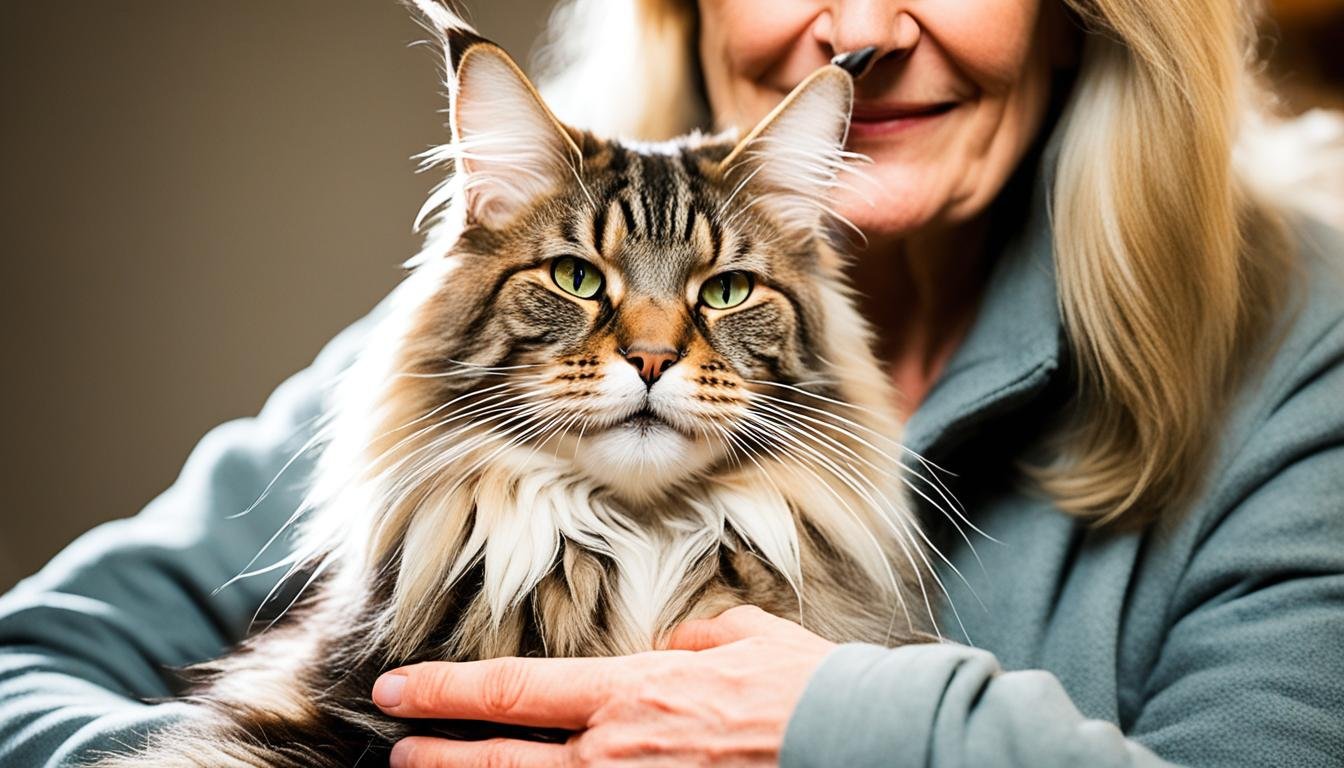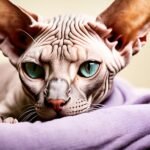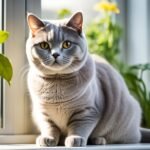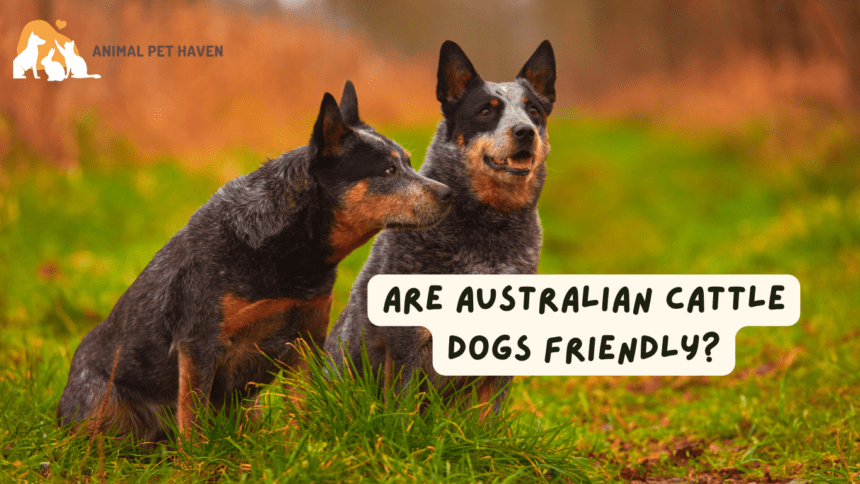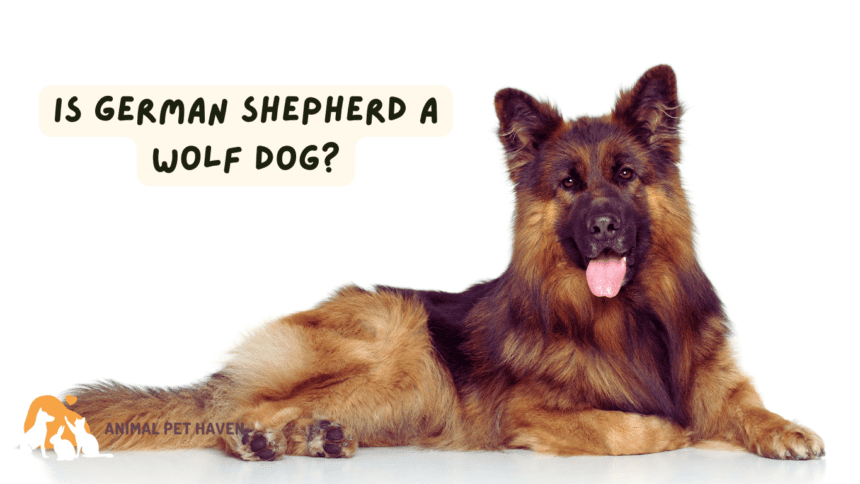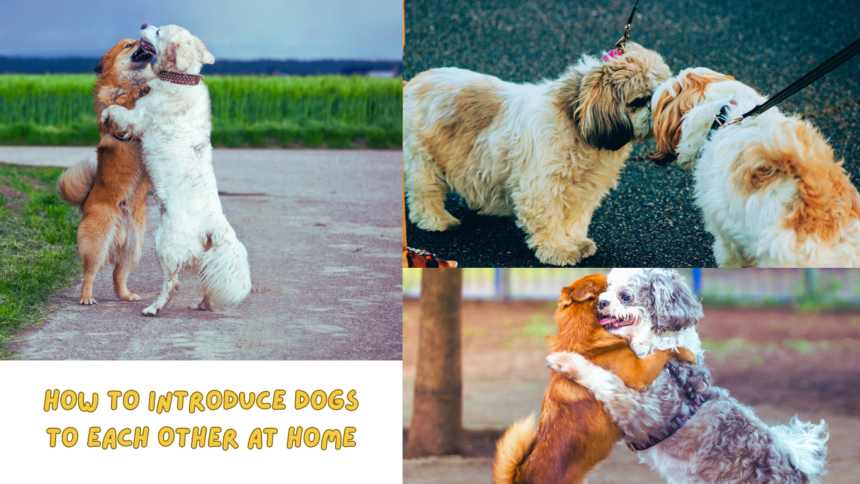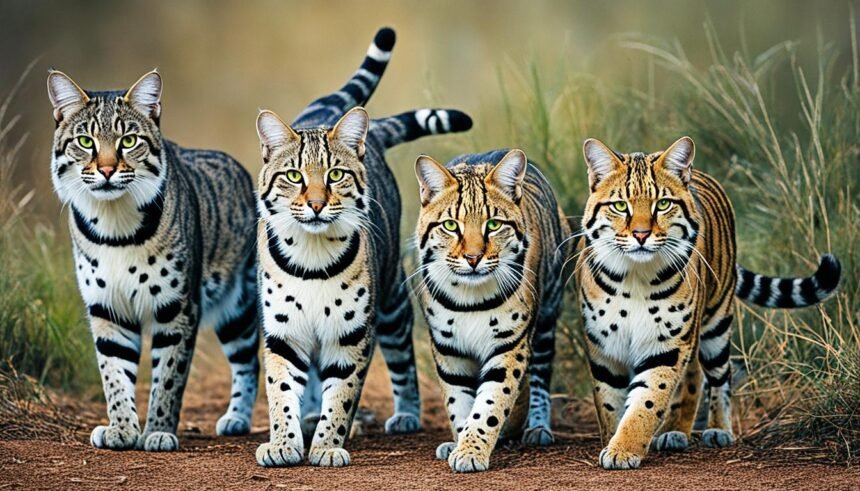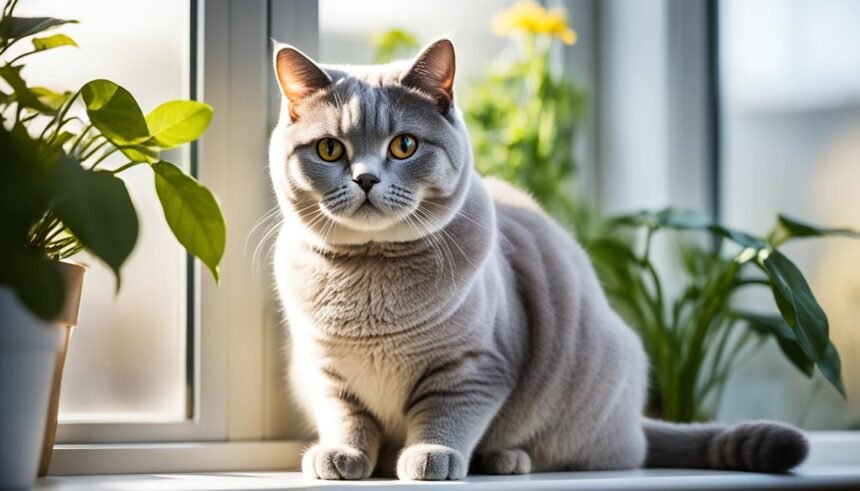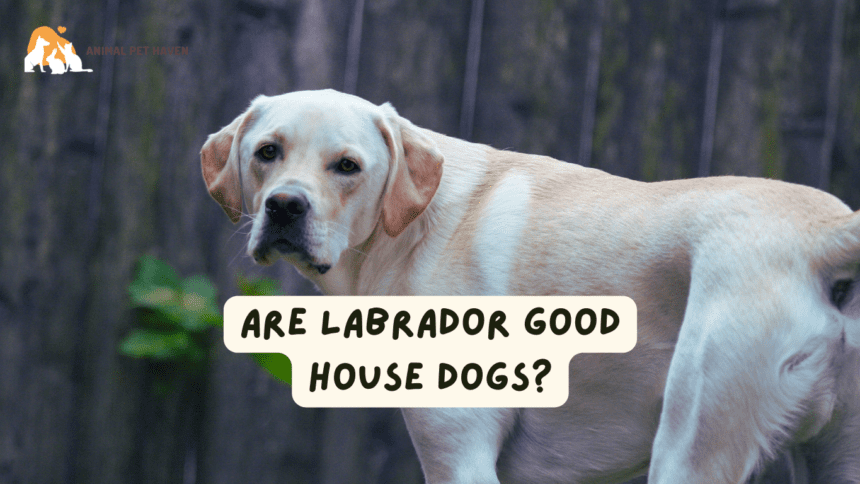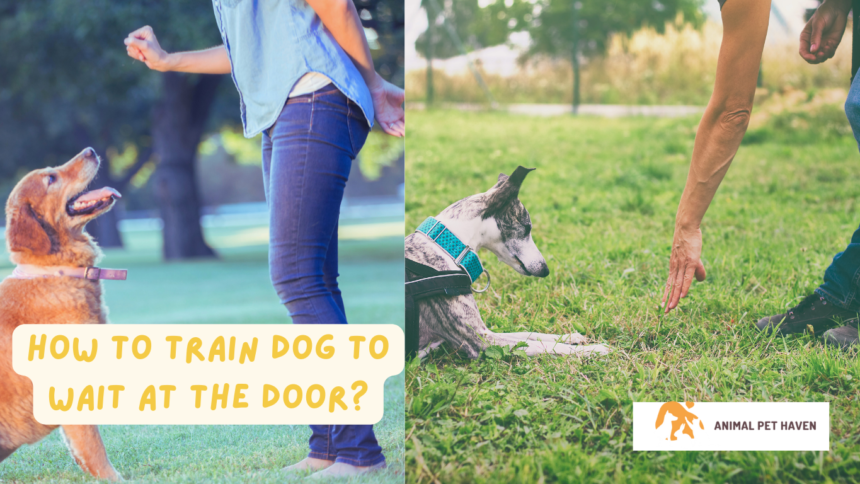Scrutinizing the potential of a Maine Coon cat as a family pet unfolds a tapestry of endearing qualities that have affectionately earned this breed the title of the ‘gentle giant.’ As the official state cat of Maine, the Maine Coon has woven its way into the hearts of cat lovers with its grandeur and amiable disposition. Its robust physique is complemented by an equally grand Maine Coon’s personality, marked by a sociable and amiable demeanor that coexists harmoniously in a domestic setting.
Known for their hearty size coupled with an affectionate cat persona, the Maine Coon makes for a cherished companion across households. Their majestic presence is balanced with a gentle approach that resonates particularly well with children and other pets, aligning with the classic American ethos of faithfulness and friendship. Welcoming a Maine Coon into your home means embracing a creature cherished for its kind nature and versatile personality.
These ‘gentle giants’ are not just impressive in stature but resonate a warmth that can make any space feel like home. Exploring the characteristics that make the Maine Coon an ideal domestic cat will uncover compelling reasons to choose this affectionate, playful, and loyal feline as your new family companion.
The Unique Characteristics of the Maine Coon Breed
The Maine Coon cat breed stands out not only for its considerable size but also for its rich heritage and unique physical attributes. Diving into the breed’s profile reveals a blend of historical mystique and distinctive features that capture the attention of cat enthusiasts worldwide.
The History of the Maine Coon
Renowned as one of the oldest natural cat breeds of North America, the history of the Maine Coon is cloaked in charm and folklore. With its roots deeply embedded in the state of Maine, it is said to have sprung from tales that interweave seafaring legends and even the French nobility. But beyond the myths, the breed’s origin speaks to a robust and resilient cat, well-adapted to harsh New England winters.
Physical Attributes and Breed Profile
The Maine Coon’s breed profile is a testament to its adaptability and striking presence. Known to be among the largest domesticated cat breeds, a Maine Coon possesses a muscular build, complemented by features designed for survival in the northeast, such as a water-resistant coat and bushy tail akin to that of a raccoon. Its luminous eyes, hefty paw tufts, and prominent ear tufts exhibit shades of the whimsical mixed with the wild, not far removed from the aesthetic of the majestic Norwegian Forest Cat, another renowned long-haired breed.
Personality Traits and the ‘Gentle Giant’ Moniker
Maine Coons are perhaps as well-known for their personality as for their grandeur. These native American long-haired wonders carry themselves with a grace that earns them the affectionate nickname of ‘Gentle Giants.’ Their dispositions are as full and lush as their fur, characterizing them as sociable beings who appreciate interaction with humans. Unlike their wild ancestors, these contemporary giants chirp and trill, articulating their gentle spirits. Maine Coons are not only sociable but also eminently trainable, an attribute that has solidified their status as an adaptable and beloved member of many homes.
Understanding the Care Needs of a Maine Coon Cat
Taking care of a Maine Coon demands a dedicated approach to meet their unique needs. As a cat owner, you need to manage their dietary requirements, grooming rituals, and ensure they get plenty of exercises. Here’s what you should know to keep your Maine Coon in peak condition.
Nutritional Requirements: Dry Food vs. Wet Food
Maine Coons have a majestic stature which requires a balanced diet to maintain their health and energy. Incorporating both wet food and dry food into their meals fulfills the nutritional requirements of these large felines, providing a range of benefits from hydration to dental health.
- Wet food helps with hydration and is rich in protein.
- Dry food is convenient and great for dental health, reducing tartar buildup.
Grooming the Water-resistant Coat and Tufts
The water-resistant fur of the Maine Coon is thick and luxuriant, an iconic trait that requires regular grooming to prevent mats and knots. Their distinctive tufts also need attention, as these can collect debris.
- Weekly brushing to remove loose fur and prevent matting.
- Occasional baths with cat-friendly shampoo to maintain coat health.
Exercise Needs and Suitable Cat Trees
Adequate exercise needs are crucial for this playful breed. Maine Coons love to climb and explore, traits that can be encouraged with a sturdy cat tree. This activity not only provides physical stimulation but also promotes mental well-being.
- Choose a cat tree that can support the weight of a Maine Coon.
- Ensure it has multiple levels for climbing and resting.
Investing time and resources into these areas of Maine Coon care will ensure that you and your fuzzy companion enjoy a happy and healthful life together.
Considering Maine Coon Health: Common Conditions
The health and well-being of Maine Coon cats can be impacted by several hereditary conditions. Among these, hypertrophic cardiomyopathy (HCM) represents a significant health issue to be conscious of. This heart condition, which causes thickening of the heart muscle, can go undetected without regular veterinary screening. Early detection is key in managing the condition and prolonging the quality of life for affected felines.
Similarly, owners should be aware of hip dysplasia, a genetic problem that leads to abnormal formation of the hip socket and can result in pain or lameness. While this is not solely a problem for Maine Coons, their large size can exacerbate the condition, making vigilance and routine checks crucial.
Another genetic condition, spinal muscular atrophy, is known to occur in this breed. It affects motor neurons in the spinal cord, leading to muscle wasting and weakness. Knowledge of these potential health issues underscores the importance of genetic screening before adoption and ongoing preventative care.
- Regular veterinary check-ups
- Genetic testing for hereditary conditions
- Consideration of a specialized health diet and exercise regime
In response to these potential health risks, securing pet insurance can alleviate the financial burden of unexpected medical treatments, ensuring that Maine Coon owners are prepared for their pets’ health needs over the course of their lives.
Maine Coon Cat: Compatibility with Children and Other Pets
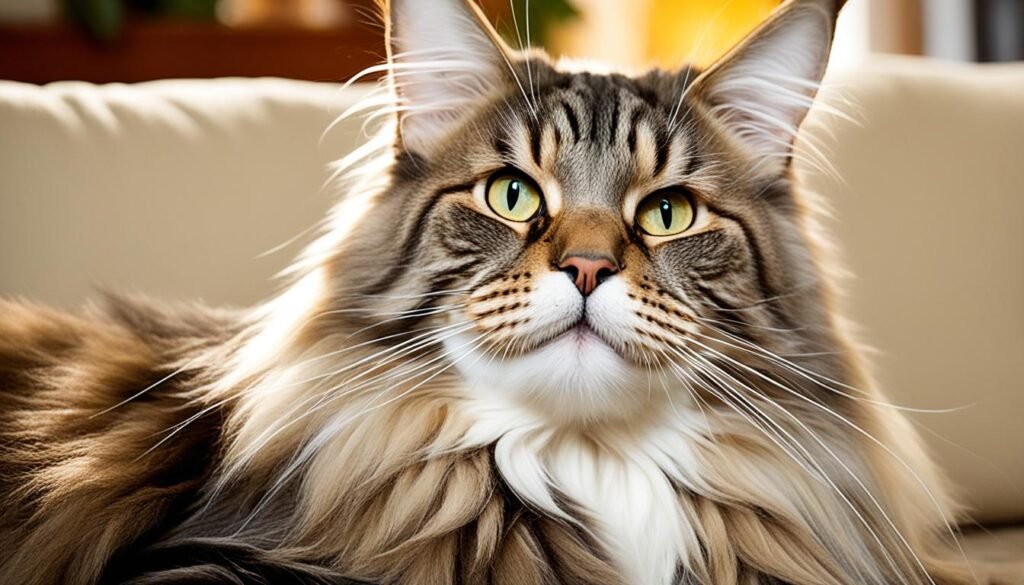
The endearing qualities of the Maine Coon cat as a family pet are not only appreciated by their human companions but also extend to the animal kingdom. These gentle giants are distinguished by their remarkably sociable nature, which fosters a peaceful coexistence with both children and other household pets. In this section, we explore the attributes that make Maine Coons the perfect addition to a bustling family dynamic.
- The patience and compatibility of Maine Coons make them particularly well-suited for interaction with children, as they are tolerant and less prone to aggression even in a spirited environment.
- The breed’s presence in cat shows emphasizes their adaptability and easy-going demeanor among a variety of animals and under various conditions.
- Maine Coons demonstrate exceptional behavior not only among their own kind but also amongst other domesticated cat breeds, and often form harmonious relationships with dogs.
- Their approachable size and kind disposition embody the archetype of the classic family pet, able to blend seamlessly into a household with existing pets.
Whether softly pawing at a kitten or amicably engaging in play with a canine companion, the Maine Coon sets a model standard for interspecies friendship. Choosing this breed ensures enriching the family experience with a pet recognized for its gentle giant attributes, further enforcing the precious bond between animals and their human counterparts.
The Lifespan and Long-Term Commitment to a Maine Coon
When contemplating the adoption of a Maine Coon cat breed, potential owners must consider not only the breed information but the commitment they are about to make. The Maine Coon is a notably hardy breed with a life expectancy that typically ranges from 12 to 15 years. Embracing this long-term relationship requires an understanding of what factors contribute to their longevity as well as an acknowledgement of the necessity of routine veterinary care.
Life Expectancy Factors
- Genetics play a pivotal role in the lifespan of a Maine Coon; responsible breeding practices can help mitigate hereditary health issues.
- Adequate diet and exercise are crucial for maintaining their health and vigor through the years.
- A stress-free environment and regular mental stimulation contribute to their overall well-being and longevity.
The Importance of Routine Veterinary Care
- Annual check-ups are essential for keeping abreast of any changes in health status and catching diseases early.
- Vaccinations and preventive treatments ensure that your Maine Coon is protected against common feline ailments.
- Regular dental care can prevent oral diseases, which can affect overall health.
Committing to a Maine Coon cat breed is a rewarding experience that lasts many years. It is a partnership that thrives on mutual affection and the understanding that consistent care is key to a happy and healthy life for your feline companion. Invest in a Maine Coon, and you are investing in a long-term commitment that is both fulfilling and heartwarming.
Adopting a Maine Coon: Breeder or Rescue?
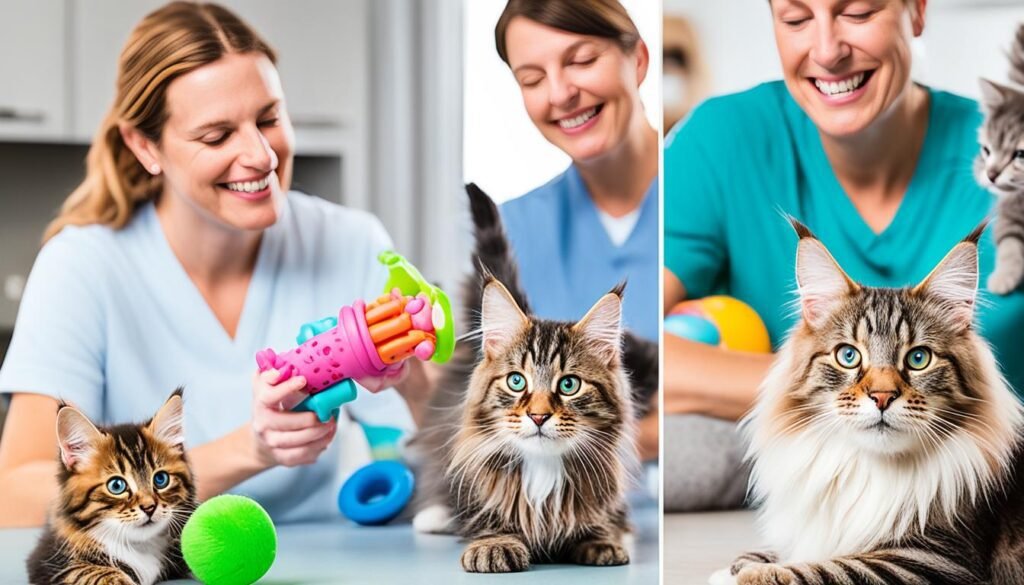
When you’re ready to add a purebred Maine Coon to your family, making the choice between a breeder and a rescue can influence the future of your furry friend significantly. It’s a decision that hinges on your personal circumstances and the life you envision with your Maine Coon companion.
Maine Coon breeders are often the go-to for potential cat owners looking to adopt a kitten with a known pedigree and clear health status. Reputable breeders will provide extensive breed information, proof of genetic testing, and ensure that the cats have had all their health checks up to date. This option is preferred by those who are seeking a particular lineage or set of characteristics specific to the Maine Coon breed.
In contrast, pursuing adoption through a rescue can offer a purebred or mixed Maine Coon a second chance at life in a loving home. Adoption not only supports animal welfare efforts but also opens the door to embracing a cat that might be older or have a less clear-cut history. The experience can be just as rewarding, as rescue Maine Coons come with their own unique personalities and stories.
- When choosing a breeder, verify their reputation and commitment to the breed’s health and welfare.
- When considering a rescue, prepare to potentially provide extra care for a Maine Coon that might have been abandoned or experienced hardship.
The journey to bring a Maine Coon into your home, whether through a breeder or a rescue, is an act of love. By choosing responsibly, you’re not only gaining a pet but also forming a bond that enriches both your lives.
Conclusion
Delving into the world of the Maine Coon as a prospective household pet requires a thoughtful examination of its attributes and care needs. Striking a balance between the allure of their affectionate personalities and the practicalities of day-to-day care, Maine Coons offer rewarding companionship to those who appreciate their unique qualities. The journey with these gentle giants is punctuated by their requirement for regular grooming, interactive play, and the understanding of their dog-like behavior within your family dynamics.
Assessing Whether a Maine Coon is One for Your Family
When it comes to Maine Coon’s suitability for your family, it’s imperative to weigh their social needs against your lifestyle. They thrive on interaction and are happiest when they are part of family activities. Their demand for grooming and exercise should also factor into your decision, as should the potential costs for their overall care including health maintenance. As American cats, Maine Coons carry a legacy, not just as the official state cat of Maine, but as a symbol of purebred feline sophistication.
Key Takeaways on the Maine Coon as a Household Pet
Maine Coons emerge as an excellent addition to the family, being one of the largest domesticated cat breeds renowned for their sociable and trainable demeanor. The compatibility of these affectionate giants with children and other household pets only adds to their appeal. Embracing a Maine Coon into your home means welcoming an animal known for its undemanding companionship and inherent charm that’s characteristic of purebred cats. Ultimately, adopting a Maine Coon can significantly enrich your family’s life, providing loyal friendship and unending joy.
FAQ
Is a Maine Coon a good family pet?
Yes, the Maine Coon cat is known for its impressive size and affectionate nature, making it an excellent family pet. They are considered “gentle giants” and are sociable and amiable with both children and other household pets. Having the official title of the state cat of Maine, they are known for their well-adapted nature to the home environment.
What is the history of the Maine Coon?
The Maine Coon is one of the oldest natural cat breeds in North America, believed to have originated in the State of Maine. Various myths surround its history, including tales involving raccoons and Marie Antoinette, though these are more fanciful than factual.
What are the unique physical attributes of the Maine Coon breed?
The Maine Coon is known for its large size and variety of coat colors and patterns. Physical traits include a thick, water-resistant coat, a bushy tail, and tufted ears that resemble the Norwegian Forest Cat. This breed possesses a body shape and long fur that contribute to its distinctive appearance.
What personality traits are associated with the Maine Coon’s ‘Gentle Giant’ moniker?
The Maine Coon is renowned for its friendly and approachable personality, often described as a “gentle giant.” These cats are known for chirping and trilling, indicating a playful side despite their large stature. They are sociable, trainable, and adaptable, which contributes to their amiable character.
What are the nutritional requirements of a Maine Coon cat?
A balanced diet for a Maine Coon includes a mix of dry and wet food to cater to their large size and energetic disposition. Specific dietary requirements must be met to maintain their health and vitality.
How do you groom a Maine Coon’s water-resistant coat?
Regular grooming is crucial for a Maine Coon due to its thick, water-resistant coat. Frequent brushing and the occasional bath are necessary to prevent matting and maintain skin and fur health. Grooming also includes care for their tufts, particularly around the ears and paws.
What kind of exercise does a Maine Coon need, and how do suitable cat trees help?
Maine Coons are active cats that require regular exercise to stay healthy. A sturdy cat tree that supports their weight is recommended, as it satisfies their instinct to climb and provides opportunities for interactive play to keep them physically and mentally stimulated.
What are some common health conditions in Maine Coon cats?
Common health issues in Maine Coon cats include hypertrophic cardiomyopathy (HCM), hip dysplasia, and genetic diseases like spinal muscular atrophy. Being aware of these conditions and considering pet insurance for potential treatments is essential for their care.
Are Maine Coon cats compatible with children and other pets?
Yes, their sociable nature and tolerance make Maine Coon cats excellent companions for children and enable them to easily socialize with other pets. Known for being patient and adaptable, they are a good fit for multi-pet homes and do not get easily irritated despite their size.
What is the average lifespan of a Maine Coon, and what long-term commitment does an owner need to make?
The lifespan of a Maine Coon can range from 12 to 15 years, depending on genetics, care, diet, and exercise. Owners need to understand that regular veterinary care is essential to address any health issues early on and ensure the longest, healthiest life possible for their pet, indicating a long-term commitment.
Should I adopt a Maine Coon from a breeder or a rescue?
Whether to adopt a Maine Coon from a breeder or a rescue depends on personal preferences and circumstances. Breeders may offer specific breed information and health screenings, while rescues provide cats in need with a chance for a forever home. If selecting a breeder, verify their reputation and commitment to health screening, but do not overlook the opportunity to adopt from a rescue, where purebred and mixed Maine Coons may be waiting for a new family.

